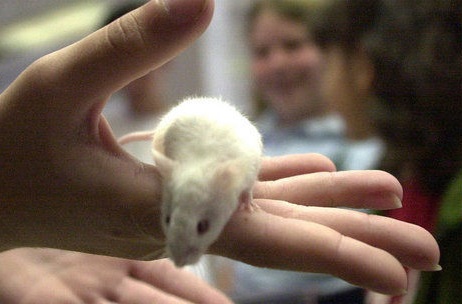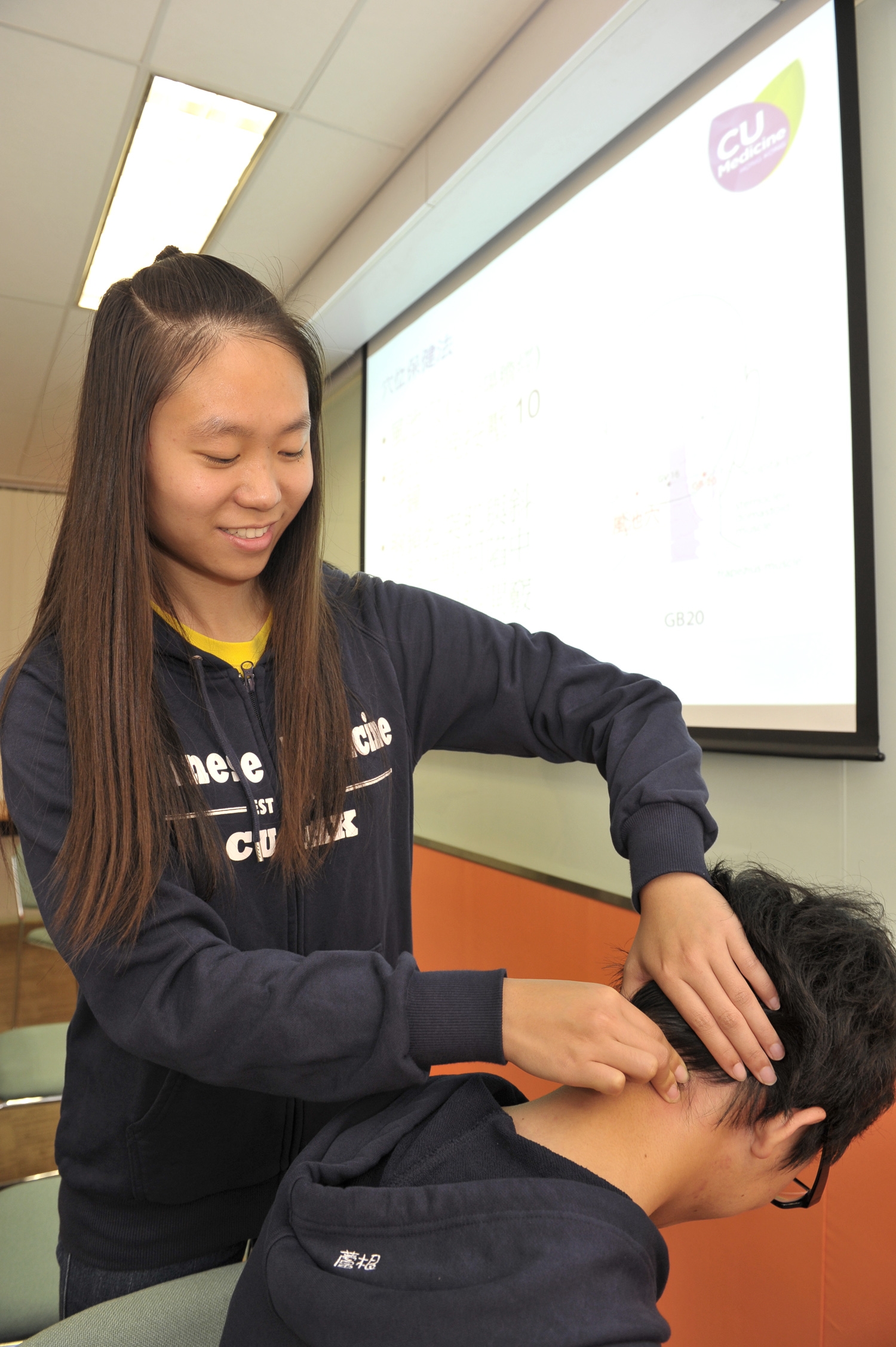Why We're More Like Our Fathers
Many a woman fears at a certain point in life she is turning into her mother. But new research has revealed that in terms of genetics, most people are actually more similar to their father.
Although we inherit equal amounts of genetic mutations from our parents, we actually 'use' more of the DNA that we inherit from our fathers, scientists found. These genetic mutations make us who we are - and finding out whether we inherit variants from one parent or another is crucial for the development of diseases - and treatments to diseases like cancer, heart disease and diabetes. For example, if we inherited the gene for a disease from our mother, this may mean it might not be expressed as strongly as if it was inherited from our father.
The study's lead author, Professor Fernando Pardo-Manuel de Villena, from University of North Carolina School of Medicine, said the research was the first to show that mammals are more genetically similar to their fathers than mothers. He said: 'This is an exceptional new research finding that opens the door to an entirely new area of exploration in human genetics.' We know there are 95 genes that are subject to this parent-of-origin effect. 'They're called imprinted genes, and they can play roles in diseases, depending on whether the genetic mutation came from the father or the mother. 'Now we've found that in addition to them, there are thousands of other genes that have a novel parent-of-origin effect.' These genetic mutations handed down from parents show up in many common but complex diseases that involve many genes, such as type 2 diabetes, heart disease, schizophrenia, obesity and cancers. For the study, researchers selected three different species of mice with different genes. They were descended from a sub-species of mice that evolved on different continents. These mice were bred to create nine different types of offspring. Each strain of these offspring was used as both a father and mother to another generation of mice. When these mice reached adulthood, the researchers measured expression of genes in four different kinds of tissue. This included including RNA sequencing technology, which is able to identify gene expression in the brain. They then quantified how much genetic information was inherited from the mother and the father for every single gene in the mouse's DNA. This means that genes could have different consequences depending on whether they are inherited from the mother or father, scientists said. 'This expression level is dependent on the mother or the father,' Professor Pardo-Manuel de Villena said.
'We now know that mammals express more genetic variance from the father. So imagine that a certain kind of mutation is bad. 'If inherited from the mother, the gene wouldn't be expressed as much as it would be if it were inherited from the father. 'So, the same bad mutation would have different consequences in disease if it were inherited from the mother or from the father.' The findings are published in the journal Nature Genetics.
Wrtitten By Madlen Davies Retrieved From:
|
|

















